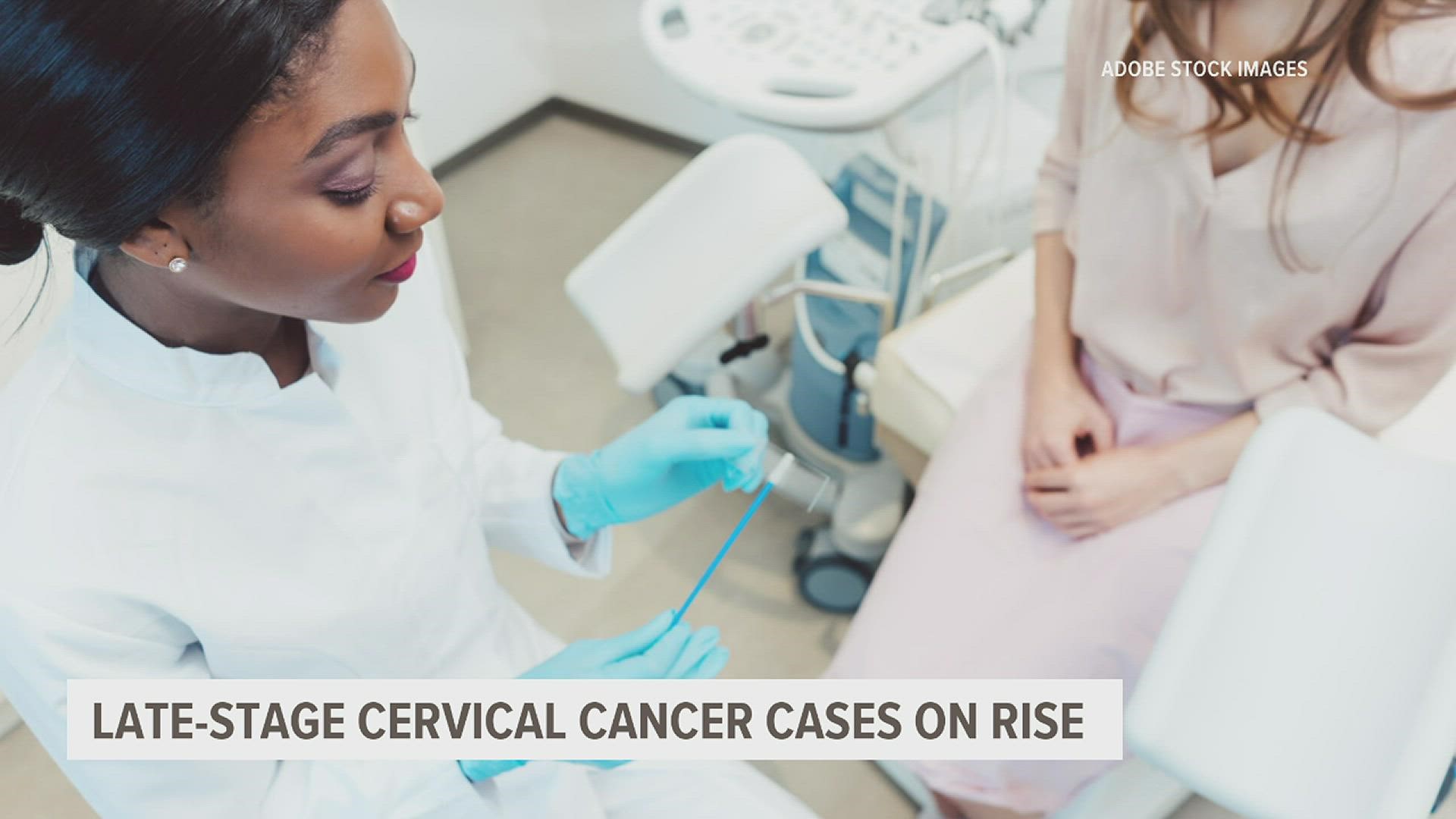YORK, Pa. —
Back-to-school health tips
As schools head back for the new year, officials with Geisinger Pharmacy has a few tips you can follow to help you and your students thrive.
First, make sure you stock up that first aid kit at home, they say. Whether they're falling on the school playground or on the field, it's a good idea to make sure you have plenty of Band-Aids, gauze, and antibiotic spray.
They also suggest grabbing some pain relievers, cold and flu remedies, and even allergy medicines. That way, when your kids get sick, which they will, you'll be ready and without ever leaving the house. Oh, but if you do leave the house Don't forget that sunscreen, even if you're no longer spending days at the pool.
COVID-19 and possible premature cognitive decline
Dementia is a growing problem around the globe and with COVID-19 still around, Penn State College of Medicine has just been awarded $1.6 million to study if COVID-19 contributes to premature cognitive decline.
The research team will collect information from more than 500 COVID-19 patients using brain scans to identify possible changes in the brain anatomy. They hope the study will increase their understanding of whether COVID-19 actually contributes to the development or progression of neurodegenerative diseases. Read more about the study here.
Late-stage cervical cancer on the rise
A new study in the International Journal of Gynecologic Cancer found that late-stage cervical cancer cases are on the rise in the U.S. and some researchers think a decrease in screenings among young women could be why more women are being diagnosed with the deadly disease.
The study found a 1.3% increase per year in advanced stages of the disease, with the greatest increase taking place among white women in the South aged 40 to 44, among whom cases went up 4.5% annually.
The Centers for Disease Control and Prevention is reminding women to start getting pap smears at the age of 21 and then getting a follow-up test every three years, depending on their health history. The test screens for precancers, which if detected, can be removed. If found early enough, a cervical cancer patient has a 5-year survival rate of over 90%.

